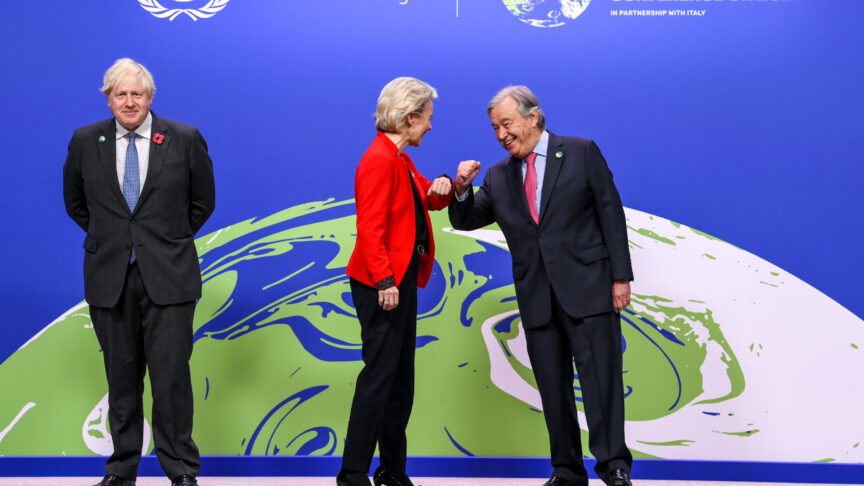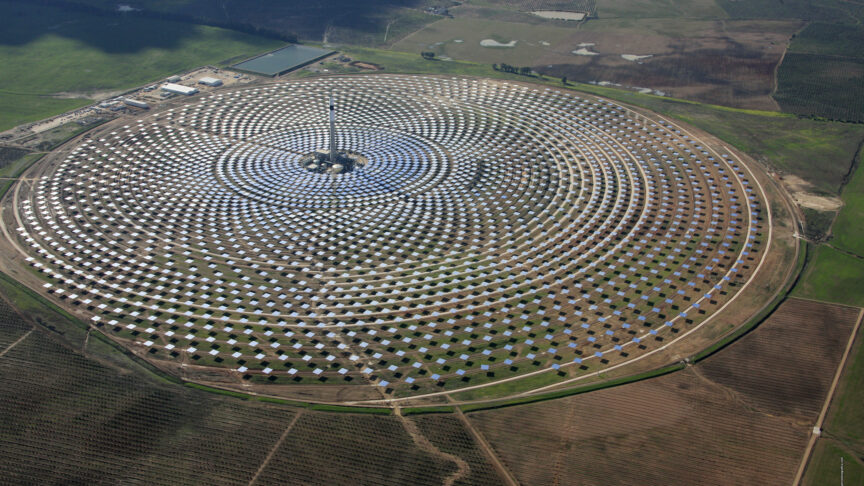
COP26 and Europe’s green grand bargain
Is the EU in a position to deliver a green grand bargain, or is its role as peripheral now as it was at COP15?

ECFR Alumni · Visiting Fellow
Sustainable finance; environmental economics and policy; climate policy; electric mobility; stranded assets; state-owned enterprises; China’s climate and environmental policy; net-zero shipping
English, Spanish, French
Alex Clark is a researcher at the Smith School of Enterprise and the Environment at the University of Oxford. His research focuses on the identification and transmission of fossil-fuel-related economic risks in the public sector, and how governments and their agents (particularly state-owned enterprises) should respond to these risks. Along with research, Alex supports Oxford’s engagement with policymakers and academics in China as part of the Economics of Energy Innovation and Systems Transition project, and works with colleagues at the Oxford Sustainable Finance Programme on the real-economy impact of sustainable finance initiatives. Through his research, Alex hopes to understand and model the behaviour and incentives of state-owned enterprises in detail – and, in doing so, help design policies and institutions suited to a rapid, just, and permanent transition to a net-zero-emissions economy.
Prior to Oxford, Alex worked as a climate finance analyst for the Climate Policy Initiative, a non-profit organisation specialising in climate and energy finance. His work at the Climate Policy Initiative included a Paris alignment study on the International Development Finance Club; data lead for the Global Landscape of Climate Finance 2019; and work with the Global Innovation Lab for Climate Finance. Alex previously studied at Harvard University. He holds an MSc in global governance and diplomacy from the University of Oxford, and a BA (Hons) in philosophy, politics, and economics from the University of Warwick.

Is the EU in a position to deliver a green grand bargain, or is its role as peripheral now as it was at COP15?

The bloc should reframe the international debate on energy security to focus on clean energy resources and efficiency, engaging in the market reforms needed to incentivise this shift

The technical challenges of the European Commission’s ‘Fit for 55’ package are only part of the story. Diplomatic tact will be critical in preventing it from undermining the EU’s climate leadership